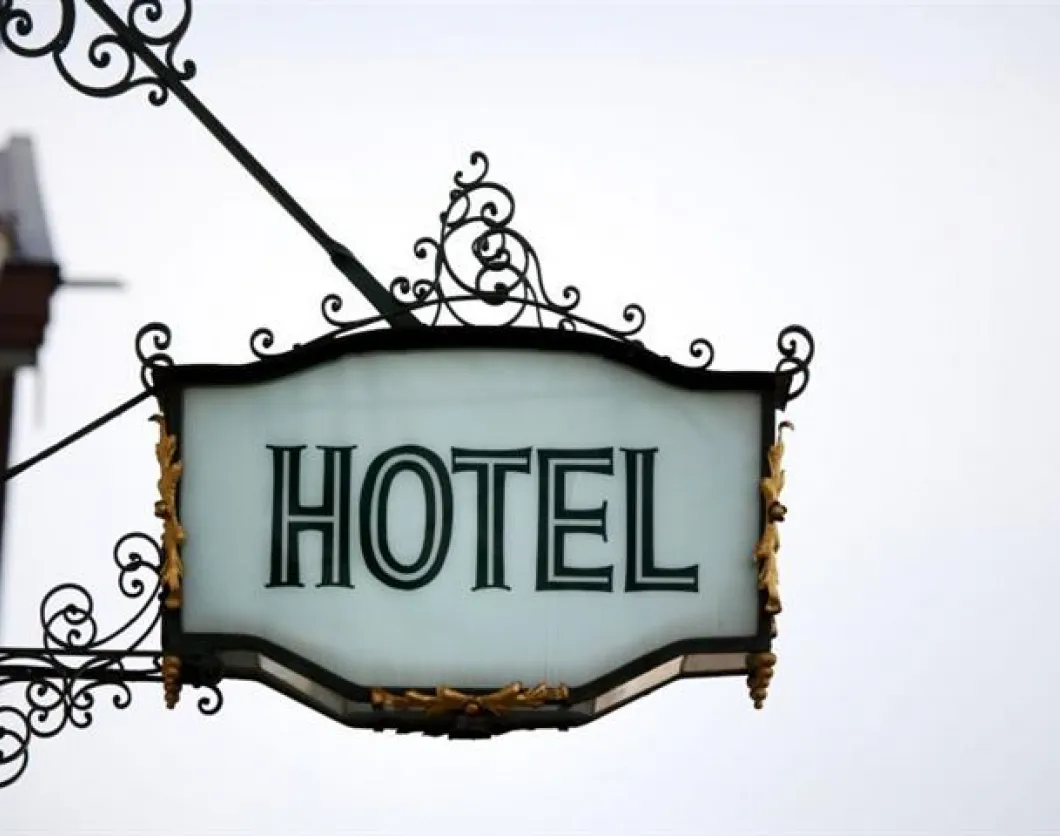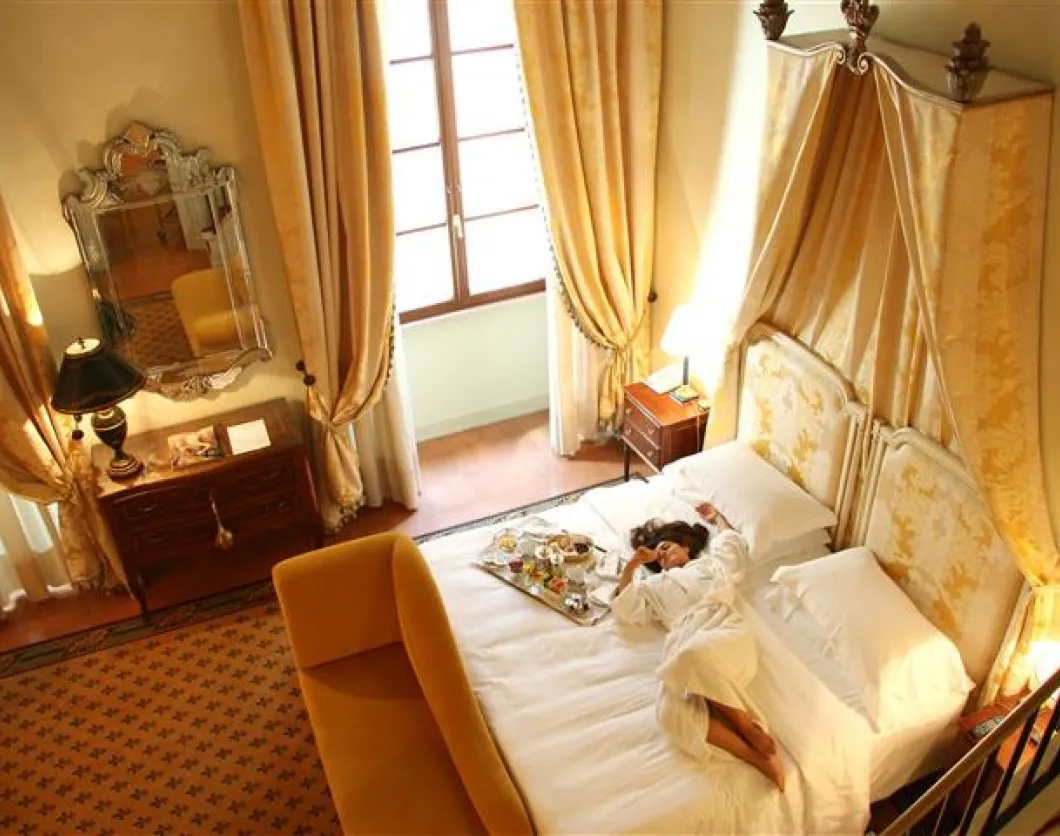For you and your family of four to stay in a 4 star hotel in Rome for only four nights, you will have to pay 96 Euros in local hotel tax. But if you slept in the same hotel in August it would only cost you 48 Euros. Four years ago, the City of Rome introduced the tassa di soggiorno, the hotel tax. And at the beginning of September, this tax has doubled. The city gave 5 weeks’ notice to the global visitor economy. The hotels were sold at a different price just few weeks ago and now the price has doubled.
With such changes, the tourism industry has to re-evaluate its commitment as far as marketing Rome as a tourist destination. This is according to Jennifer Tombaugh the president of the tour operator Tauck. She further adds that instead of focusing on promoting Italy and Rome they will invest more in promoting other destinations that will offer better returns on their investments.
Surprisingly, there has been no explanation or reason to the sudden increase in hotel prices. It would be a good idea for the city to at least explain why it doubled or increased the hotel prices. It is evident that visitors have become involuntary tax payers and they can do nothing about it.
It is important to point out that tourism is very important to any city’s marketing strategy. The OECD emphasizes that in order for the sector to achieve its stated objectives without negatively affecting the tourism competitiveness, the tourist related incentives and taxes have to be monitored, analyzed and evaluated at all levels.
It is clear to all that tourism taxes affect jobs, individuals working in the sector as well as the cost of holidays. A lot of people depend on this industry as workers and beneficiaries. This therefore calls for proper consultation coupled with a good time frame for change to take place. For example in Berlin, people and businesses are exempted from paying the bed tax only if they entered into a contract with the hotels before the introduction and announcement of the city tax.
France on the other hand had to do away with a parliamentary proposal that aimed at imposing a tax increase on hotel guests in June. This was aimed at preserving the country’s image and position as the world’s most popular tourist destination. This was achieved by the insistence of the country’s Minister for Foreign Affairs and International Development Laurent Fabius. He termed the proposal as dangerous and contrary to the country’s promotion of tourism. And as a result of this, France has launched a 30 point plan to invest in the tourism sector in the years to come.
Tourism relies on planning, predictable changes assembled and presented to the visitor at the right time. In the words of Tom Jenkins, the ETOA’s CEO, “while tax is certain, tourism is not”. This clearly indicates that it is very important to plan and communicate the changes in the prices and taxation that affects tourism at the right time.












